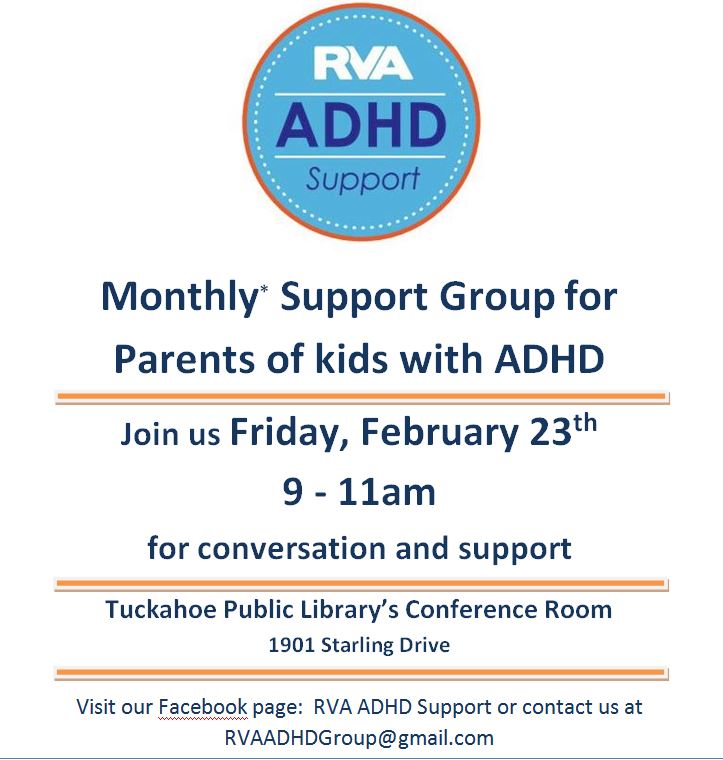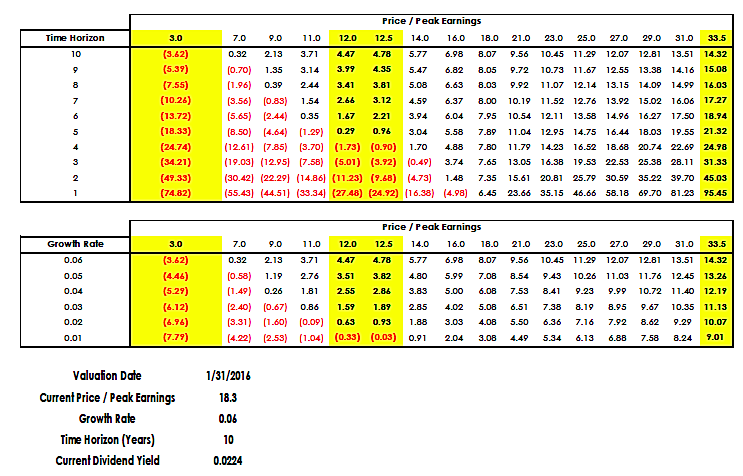Effective ADHD Management Through Group Support

Table of Contents
Understanding the Benefits of ADHD Group Support
Living with ADHD presents unique challenges, impacting various aspects of life from organization and time management to emotional regulation and social interactions. Finding the right support can make a significant difference. ADHD group support offers a multitude of benefits that extend beyond individual therapy.
Shared Experiences and Reduced Isolation
- Feeling alone in your struggles is common with ADHD. Many individuals feel misunderstood or judged, leading to feelings of isolation and shame. ADHD group support offers a safe space to share these experiences without judgment.
- Connecting with others who "get it" fosters a sense of belonging. Sharing your struggles with people who understand the nuances of ADHD creates a powerful sense of community and validation. This shared understanding reduces the feelings of isolation and loneliness often experienced by those with ADHD.
- Hearing others' stories validates personal experiences, normalizing the challenges of living with ADHD. Realizing you’re not alone in your struggles is incredibly powerful. Hearing similar stories from others helps normalize ADHD symptoms and experiences, reducing feelings of inadequacy or difference.
Practical Strategies and Coping Mechanisms
- Learn from others' successes and failures in managing ADHD symptoms. Group members share their personal strategies for managing various aspects of ADHD, such as time management, organization, and impulse control. This peer-to-peer learning is invaluable.
- Group members often share practical tips for organization, time management, and emotional regulation. You'll gain access to a wealth of practical advice and techniques, tailored to different ADHD presentations and life stages. This shared knowledge base can significantly improve your daily life.
- Discover new coping strategies tailored to various ADHD presentations and life stages. From using specific apps to employing mindfulness techniques, you'll be exposed to a broader range of coping mechanisms than you might find elsewhere. This diversity of approaches allows you to find what works best for you.
Increased Accountability and Motivation
- The supportive environment encourages accountability for goals and progress. Sharing your goals with the group creates a sense of responsibility and encourages consistent effort.
- Sharing your goals with others strengthens your commitment and boosts motivation. Knowing that others are supporting you and tracking your progress can be incredibly motivating.
- The collective effort of the group fosters a sense of responsibility and shared success. Celebrating each other's wins reinforces positive behavior and creates a positive feedback loop for sustained motivation.
Finding the Right ADHD Group Support for You
Navigating the world of ADHD support groups requires understanding the different options and knowing what to look for in a supportive community.
Types of ADHD Support Groups
Finding the right fit is essential. Consider these options:
- Online forums and communities: Websites and online forums like ADDitude Magazine's online community offer a convenient way to connect with others, regardless of geographical location. These platforms often provide a wealth of information and resources.
- In-person support groups: Meeting in person allows for stronger connection and relationship building. Check with local community centers, hospitals, or mental health organizations for in-person ADHD support groups.
- Support groups specifically for adults, children, or specific ADHD subtypes: Tailored groups cater to the specific needs and challenges of different age groups and ADHD presentations (e.g., predominantly inattentive, predominantly hyperactive-impulsive, combined).
Choosing a group that fits your needs, personality, and preferred communication style is crucial. Consider whether you prefer the anonymity of an online group or the personal connection of an in-person meeting.
What to Look for in a Supportive Group
When selecting an ADHD group, consider these key elements:
- A safe and non-judgmental environment: This is paramount. A supportive group should offer a space where you feel comfortable sharing your experiences without fear of criticism or judgment.
- Experienced facilitators or moderators: A skilled facilitator can guide discussions, manage conflict, and ensure the group remains productive and supportive.
- A focus on positive solutions and empowerment: The group should focus on developing coping strategies and fostering a sense of empowerment, rather than dwelling on negative aspects of ADHD.
- Research groups carefully and consider attending a meeting as a guest before committing: Many groups allow potential members to attend a meeting or two before formally joining, giving you a chance to assess whether it’s a good fit for you.
Maximizing the Benefits of Your ADHD Group Support
Active participation is key to gaining the full benefits of ADHD group support.
Active Participation and Engagement
- Share your experiences openly and honestly: The more you share, the more you'll receive in return. Be vulnerable and allow yourself to connect with others.
- Actively listen to and learn from others: Pay attention to the experiences and strategies shared by other group members. You might gain insights you hadn't considered before.
- Your involvement directly impacts the benefits you receive from the group. The more actively you participate, the more you'll gain from the experience.
Setting Realistic Goals and Expectations
- Start with small, achievable goals. Don't try to overhaul your life overnight. Focus on making gradual progress.
- Focus on progress, not perfection. There will be setbacks. The key is to learn from them and keep moving forward.
- Remember that change takes time and effort; celebrate small victories. Acknowledge and celebrate your achievements along the way. This positive reinforcement will keep you motivated.
Integrating Group Support into Your Overall ADHD Management Plan
- Combine group support with other strategies like therapy, medication, and lifestyle changes. Group support is one piece of the puzzle. Integrate it with other strategies for a holistic approach.
- Consider how group support complements other aspects of your self-care. Group support can enhance your overall well-being and self-care routine.
- A holistic approach to ADHD management provides the best outcomes. Combine therapy, medication (if prescribed), lifestyle changes, and support groups for the most effective management plan.
Conclusion
Effective ADHD management is a journey, not a destination, and ADHD group support can be a powerful tool along the way. By actively participating in a supportive community, you can gain valuable insights, practical strategies, and the emotional strength needed to navigate the challenges of ADHD. Don’t underestimate the power of connection; find an ADHD group support network today and begin your path towards a more fulfilling life. Start your search for effective ADHD group support now and discover the transformative power of community.

Featured Posts
-
 Young Adults And Adhd A Growing Concern Reflected In Aiims Opd Data
Apr 29, 2025
Young Adults And Adhd A Growing Concern Reflected In Aiims Opd Data
Apr 29, 2025 -
 Verso La Parita Sul Lavoro Analisi Della Situazione Attuale E Prospettive Future
Apr 29, 2025
Verso La Parita Sul Lavoro Analisi Della Situazione Attuale E Prospettive Future
Apr 29, 2025 -
 Bof As Take Why Stretched Stock Market Valuations Shouldnt Worry Investors
Apr 29, 2025
Bof As Take Why Stretched Stock Market Valuations Shouldnt Worry Investors
Apr 29, 2025 -
 Ariana Grande And Jeff Goldblums I Dont Know Why A Musical Odd Couple
Apr 29, 2025
Ariana Grande And Jeff Goldblums I Dont Know Why A Musical Odd Couple
Apr 29, 2025 -
 Venture Capital Secondary Market A Hot Investment Opportunity
Apr 29, 2025
Venture Capital Secondary Market A Hot Investment Opportunity
Apr 29, 2025
